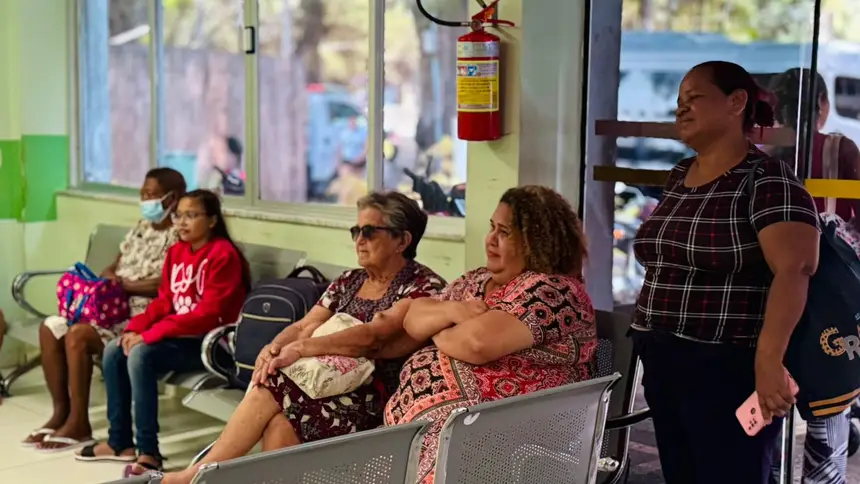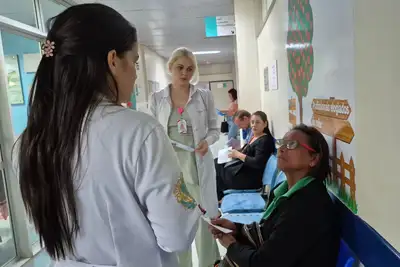HC Hemodialysis Center conducts educational action on diabetes and kidney health
Initiative marks National Diabetes Day, celebrated on June 26
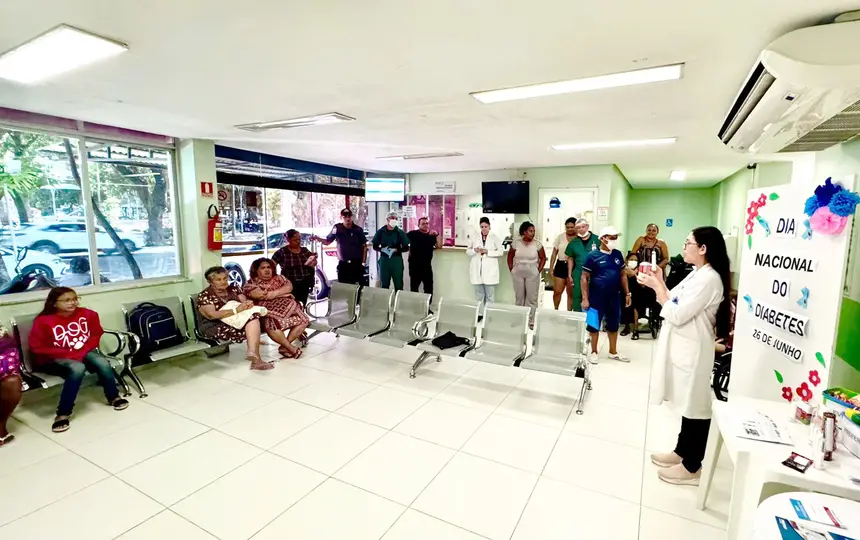
National Diabetes Day, celebrated on June 26, is an important date to reinforce awareness about the disease, encouraging prevention and access to appropriate treatment for those already living with the diagnosis.
With this in mind, the Monteiro Leite Hemodialysis Center at the Gaspar Vianna Clinical Hospital (HC) in Belém held an educational action on Wednesday (25) aimed at patients and their companions, focusing on raising awareness about the impacts of diabetes on kidney health. The initiative is part of the unit's strategies to promote health information and encourage healthier lifestyle habits.
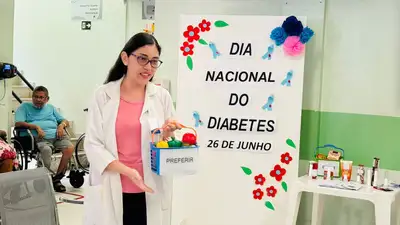
During the program, nutritionist Laila Barbosa emphasized the importance of balanced nutrition as a means of prevention and control of the disease. She explained that, in addition to sugar, it is necessary to pay attention to carbohydrates present in common everyday foods, such as bread, pasta, rice, and flours.
“We talk a lot about sugar, but it is important to remember that all carbohydrates, whether simple or complex, turn into glucose in the body. Nutrition plays a direct role in prevention because nowadays many processed foods are high in sugar. Here in our food culture, for example, we have many types of flours. Therefore, we guide on appropriate quantities, the glycemic index of each food, and strategies to reduce the impact of glucose in the blood, such as consuming fibers and drinking water,” she explained.
She also highlighted the importance of including companions in the health education process. “Here at the event, we prepared a lecture for the companions because, given that they have relatives with diabetes – which is already a risk factor – it is essential to provide prevention guidelines. We explained what diabetes is, its symptoms, and which warning signs deserve attention. We also reinforced the importance of annual exams. We set up a stand with healthy foods and others with a high glycemic index, accounting for the amount of sugar in each item. We want them to know how to interpret product labels and understand, visually, how much sugar is present in what they consume daily. This way, they can already take preventive measures,” she added.
Nephrologist Dr. Milena Barroso warned that diabetes is currently the second leading cause of chronic kidney disease in Brazil. According to her, prevention is essential since, once established, kidney damage is difficult to reverse.

“Excess sugar causes chronic and silent damage to the kidney vessels. Therefore, controlling blood sugar levels from the onset of diagnosis is the main pillar of treatment. Ideally, one should cut excess carbohydrates, have regular follow-ups, and maintain a balanced diet. After five years of diabetes, there may already be a risk of kidney damage. And since there are no symptoms at the beginning, preventive control with routine exams is fundamental,” she advised.
The professional reinforced that people with diabetes should undergo kidney function tests at least once a year. For those who are not diabetic, the recommendation will depend on individual risk factors. “Those with family history or other comorbidities should be vigilant and seek regular medical evaluation,” she added.
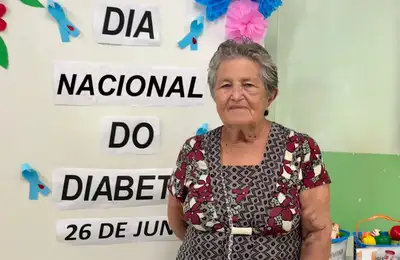
Retiree Janete de Oliveira, 72, a resident of the Cremação neighborhood, shared her experience with treatment. A patient at Monteiro Leite for ten years, Janete reported that the disease's history in her family was also a warning. “My father, my brother, and one of my sons also suffered from chronic kidney disease. I have learned a lot here over the years. These conversations help us take better care of ourselves. With faith in God and following what the doctors say, we can live well,” she said.
June 26 — The date draws attention to the importance of adopting healthy habits and knowing the risk factors and possible complications of diabetes, especially type 2, which is linked to issues such as obesity and sedentary lifestyle.
According to the World Health Organization (WHO), more than 420 million people live with diabetes worldwide, and the disease is one of the leading causes of kidney failure, blindness, heart attack, stroke, and amputations. These complications occur largely when the diagnosis is late or treatment is not followed adequately.
Among the main risks associated with diabetes are kidney damage, which can progress to the need for hemodialysis or transplantation; diabetic retinopathy, which can severely compromise vision; and circulatory problems, especially in the lower limbs, which in severe cases can lead to amputation. Additionally, the risk of cardiovascular diseases, such as heart attack and stroke, also increases significantly.
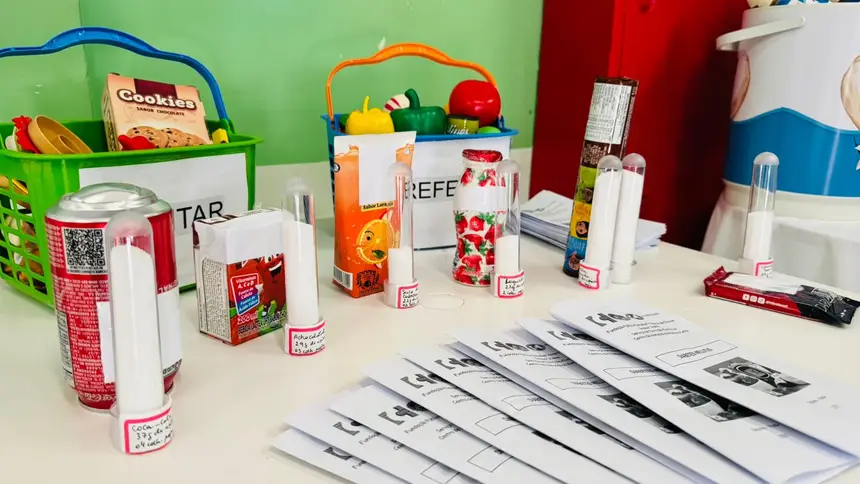
In Brazil, diabetes affects more than 10% of the adult population, with an increase in prevalence in recent years. The country occupies a concerning position in the global ranking, being the fifth with the highest number of cases, according to the Brazilian Diabetes Society (SBD).
Service: The Monteiro Leite Hemodialysis Center operates as an extension of the Gaspar Vianna Clinical Hospital and is a reference site for the treatment of kidney diseases in the State.
It is located at Rua dos Mundurucus, No. 1720, in the Batista Campos neighborhood, in Belém, Pará State. To access treatment, it is necessary to follow the Referral and Counter Referral system.
Text: Kelly Barros (Ascom HC)


